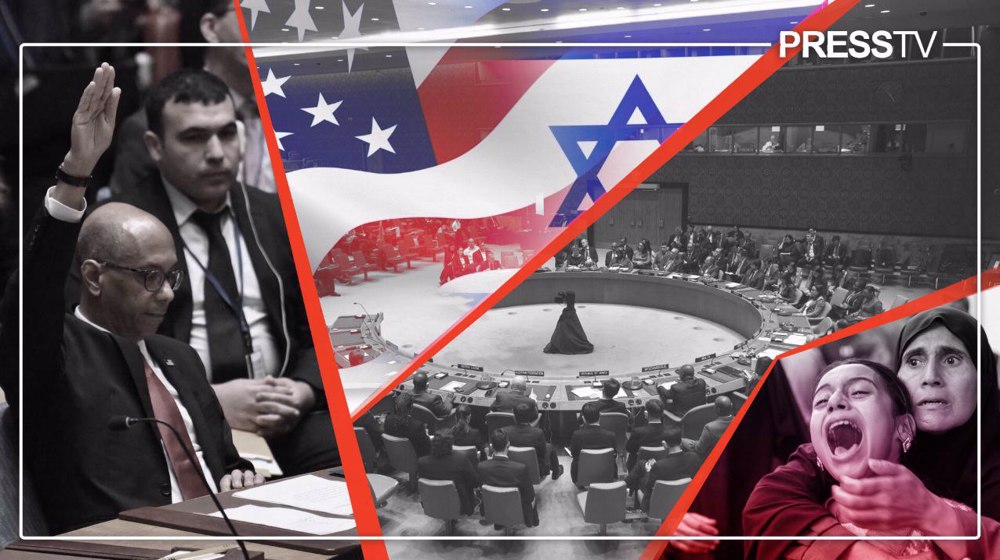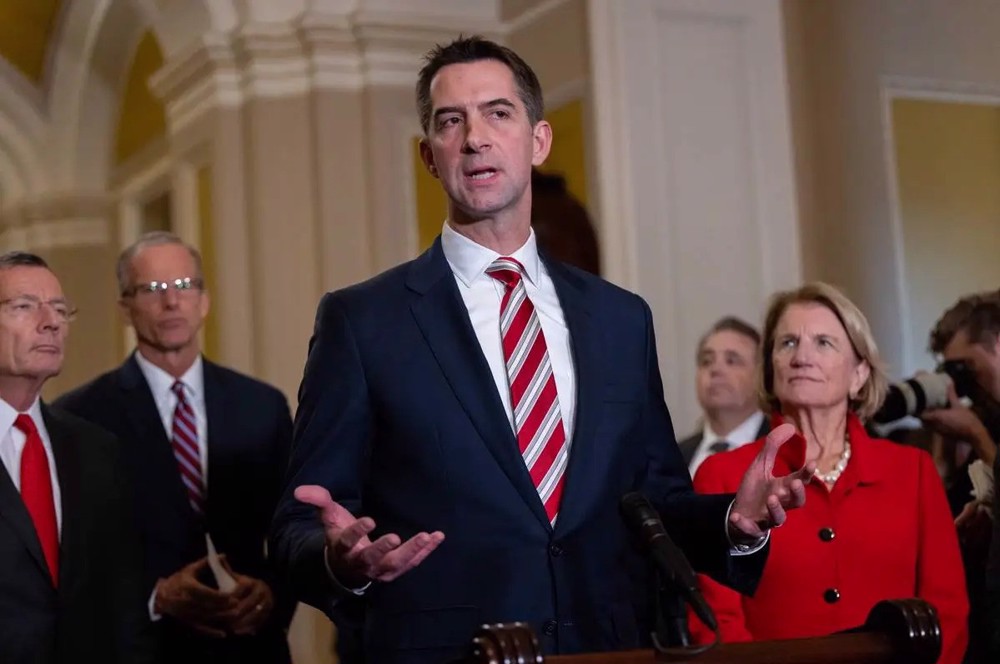Obama under pressure to prove Russian hacking
The outgoing administration of US President Barack Obama is under extreme pressure to release evidence confirming allegations of cyber attacks by Russia to influence the presidential election before leaving office.
The Obama administration has only provided little documentation to support its official assessment in October that Moscow was attempting to interfere in the 2016 presidential election.
The White House has also failed to confirm subsequent leaks from anonymous officials contending that the CIA believes Moscow’s interference was an attempt by Russian President Vladimir Putin to help President-elect Donald Trump defeat Hillary Clinton.
Obama has ordered the intelligence community to conduct a full review of alleged hacking by the Russians before he leaves office on January 20.
The White House has said it will make as much of the report public as it can. But officials have warned that the document will contain “highly sensitive and classified information” and it is unclear how much evidence it will be able to release.
Trump has rejected assertions that the Russian government was involved in the hacks on the Democratic National Committee (DNC) and Clinton campaign chairman John Podesta.
Julian Assange, the founder of WikiLeaks, which published the stolen emails, has denied that the Russian government provided the files. The US claim has also been rejected by Moscow.
On Thursday, Obama ordered a series of economic sanctions against Russia, as well as expulsion of 35 Russian diplomats over hacking allegations.
"I have ordered a number of actions in response to the Russian government's aggressive harassment of US officials and cyber operations aimed at the US election," Obama said in a statement.
According to statements from the White House and the Treasury Department, the sanctions target Russia's FSB and GRU intelligence agencies, four individual GRU officers, and three companies who allegedly provided support to the GRU, and two Russian individuals for using cyberattacks to cause misappropriation of funds and personal identifying information.
Iran says will discuss key nuclear, regional issues with France, Germany, UK
VIDEO | Israeli archaeologist killed in Southern Lebanon
VIDEO | Israeli airstrike on Lebanon's army base kills soldier, injures 18 others
Sirens sound across Tel Aviv as Hezbollah fires barrage of missiles at Israeli target
Israeli ‘archeologist’ who toured south Lebanon in military uniform to falsify history
The importance of Venezuela for Iran
Iran beats traditional rival Russia in freestyle and Greco-Roman wrestling friendly
Rape trials trigger protests against French ‘sexist and misogynistic’ culture










 This makes it easy to access the Press TV website
This makes it easy to access the Press TV website